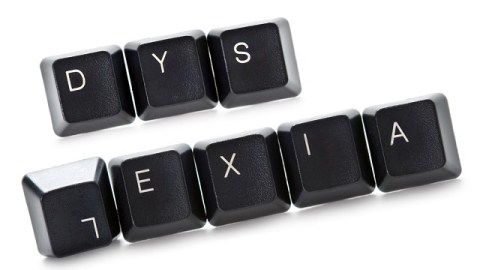E-Readers Shown To Help Some Dyslexic Readers

What’s the Latest Development?
While many debate the merits of electronic readers versus good old-fashioned paper books, at least one group may want to consider going digital: A study involving students with dyslexia showed that, when the two media were compared, “those who struggled most with sight-word reading read faster and those with limited visual attention spans had better comprehension” with e-readers. The study was recently published online at PLOS ONE.
What’s the Big Idea?
Lead researcher Matthew Schneps pointed out that the key difference may not be just the medium, but the way the text was displayed. Arranging words so that there are only a few on each line “could apply on paper, the blackboard or on any device.” E-readers benefit such users in that it’s much easier to adjust fonts, font sizes, spacing, and other typographic features. A representative from the British Dyslexia Association also noted that e-readers offer quick access to dictionary definitions and text-to-speech capabilities, both of which help “ensure that reading is less challenging and remove the stigma that is so often associated for those who can’t read.”
Photo Credit: Shutterstock.com





